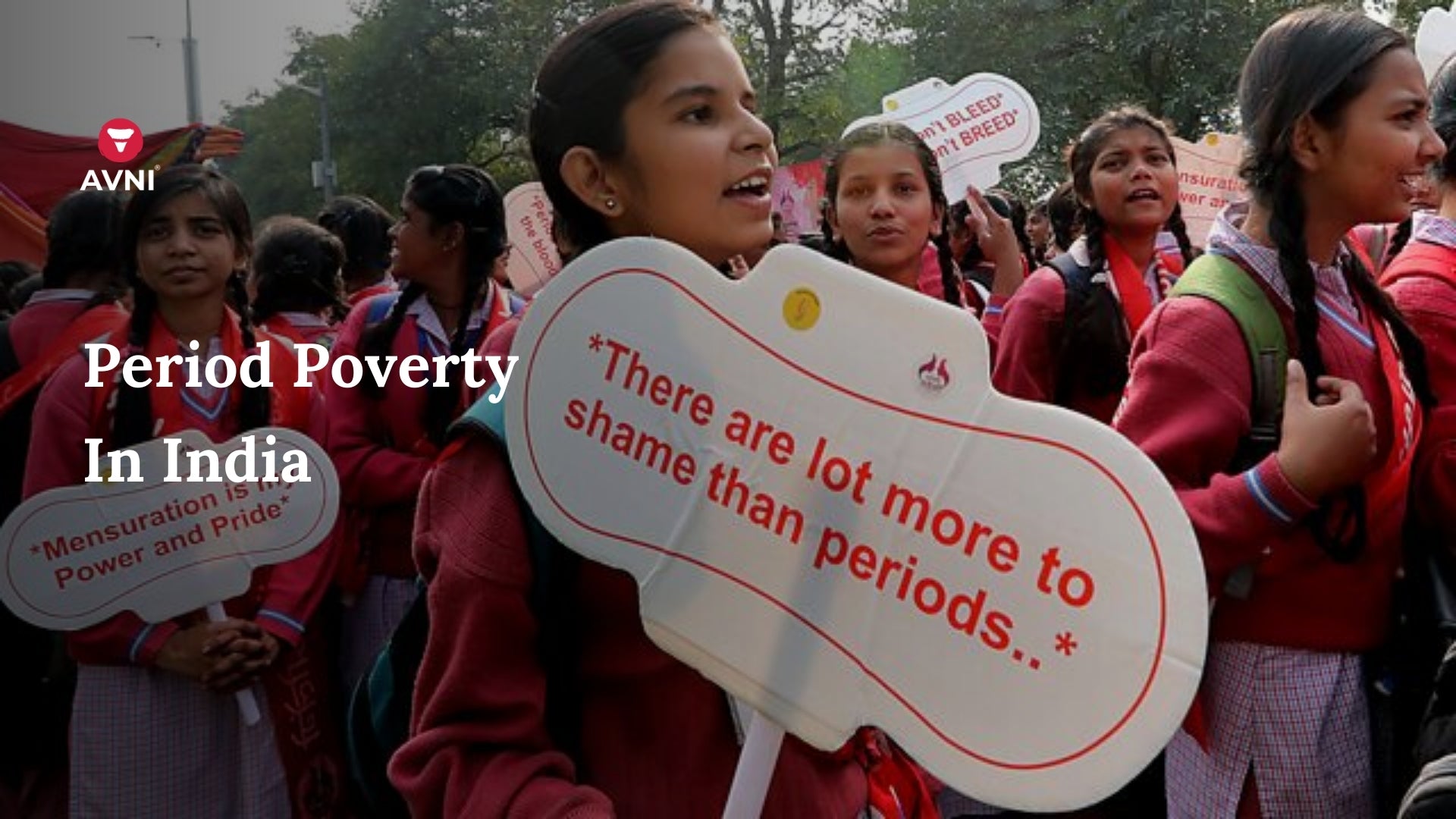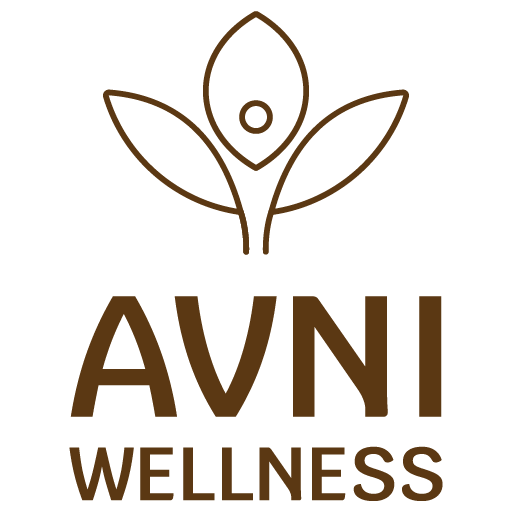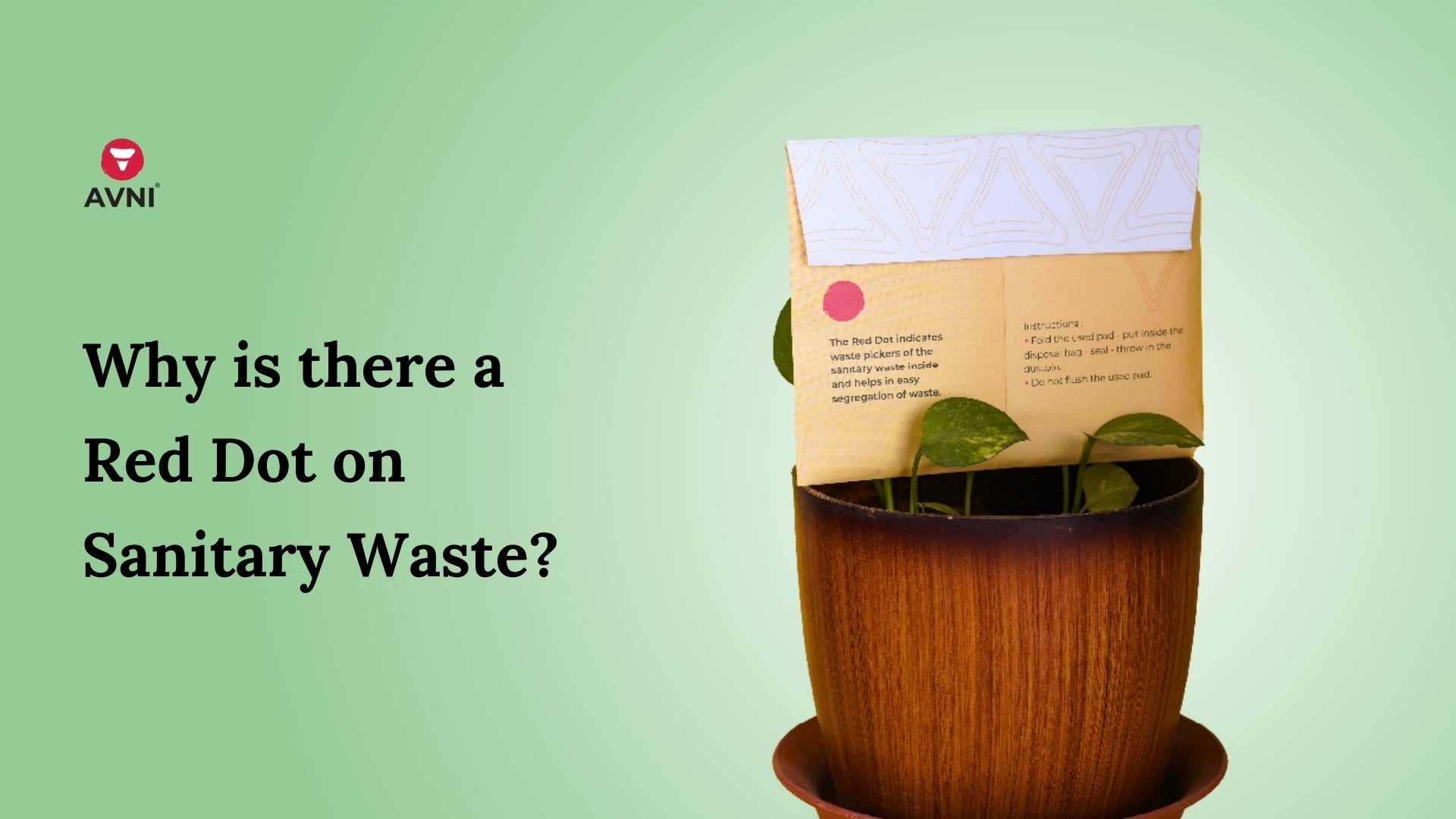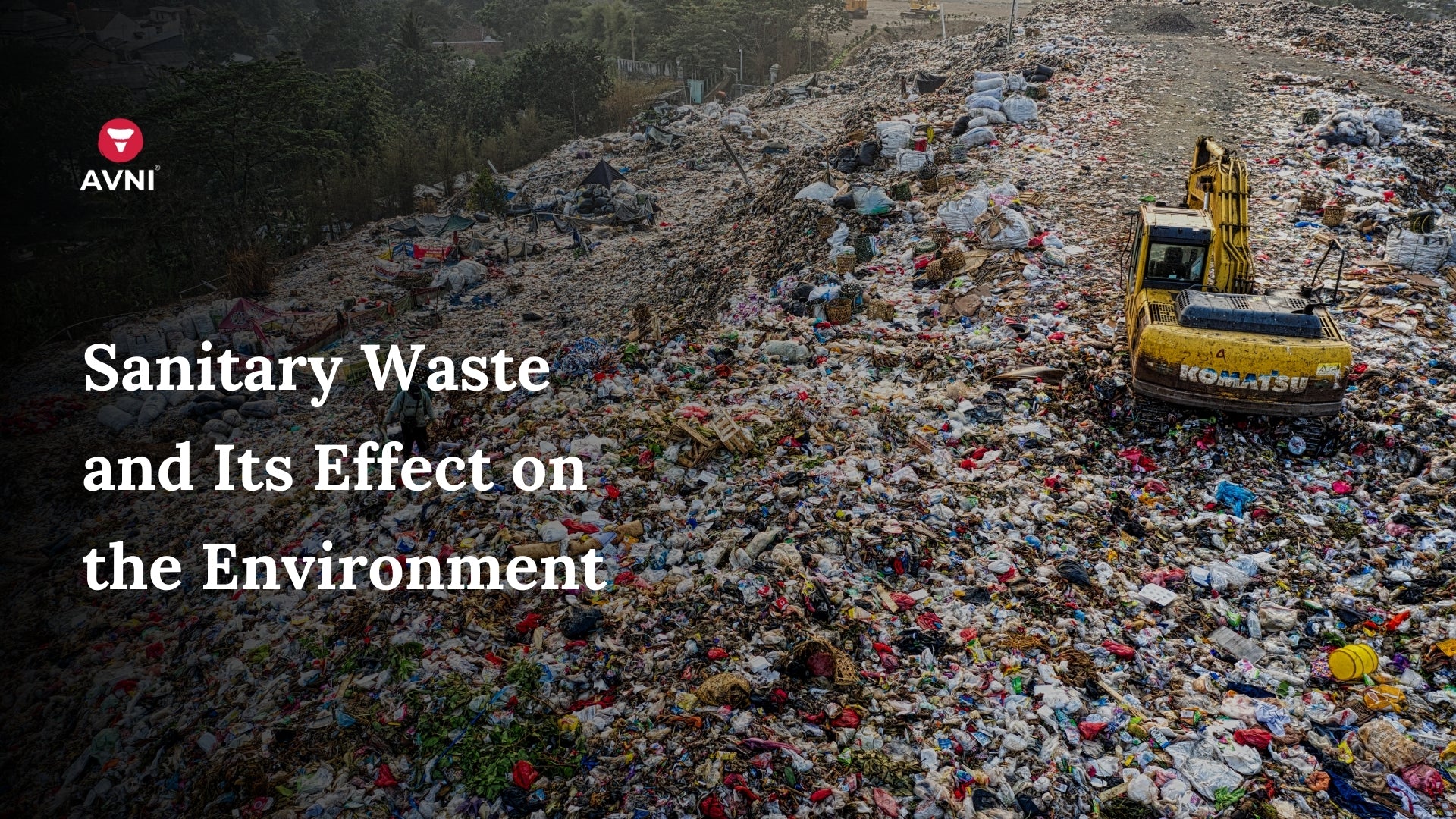
Period Poverty In India
Since time immemorial there have always been superstitions and shame surrounding the menstruation cycle. Women have been ostracized during these days. They were not allowed to enter the kitchen, mingle with the rest of the family and some were deprived of food. One would have expected things to change in the 21st century but unfortunately, in some parts of the country, certain things have remained the way they have been for centuries. In some areas people are still struggling with proper sanitary options due to poverty.
In case you are unfamiliar with the term, ‘Period Poverty’ simply indicates a lack of access to sanitary products due to poverty. As a result, girls have to miss five to six days of school on average a month either because of lack of sanitary products, the embarrassment of having their period or both, which in turn, affects their academics.
For women who are living impoverished lives, their menstrual cycle is stressful time, taking into consideration that she would need to find a way to purchase a monthly supply of sanitary products in India. Affordability, cultural and religious taboos are some of the obstacles women during their menstruation.
The unhygienic methods used during their periods put them at a health risk. Since they are unable to afford sanitary napkins, they resort to using homemade cloth pads which are washed and dried discreetly. When the makeshift cloth pads are not dried the way they should be, they develop bacteria and when worn, the woman is susceptible to urinary or vaginal infections.
This is where the importance of education comes into the foreground. Most girls in the rural areas do not know about menstruation until they have their first period. They need to be taught about personal hygiene and proper sanitation methods during their menstruation. Educating the boys will eradicate the social stigma and this in turn will empower the girls, make them more confident and encourage them to maintain a more hygienic way of life. It’s a win-win situation. Women are gradually becoming more open about talking about their periods but the road to progress is long and tedious.
Avni is trying to create awareness about menstruation hygiene and intimate care by reaching out to people through the Avni Pacer Program. This program is conceptualized to bring people together to reach out and create an awareness of the importance of using hygienic, eco-friendly products, intimate hygiene and safe disposal of sanitary napkins.
Avni is an eco-friendly, eco-conscious, environmentally aware company and have played a minor role in creating awareness about the importance of intimate hygiene – something that is crucial to inculcate to people in rural areas.
Apart from trying to reach out to women and girls in rural areas through educational programs, Avni eco-friendly period products are suitable for those living in poverty as the cost of buying a Nari Yari Menstrual Cup online or Avni Lush Pads are equal to that of buying 2-3 months’ worth of disposable sanitary napkins, while lasting for anywhere between 4-10 years. This makes them cost-efficient, long lasting and easy to clean and reuse while preventing infections and rashes.
Eliminating period poverty is going to take a long time but as long as steps to create an awareness are steadily taken; it will happen sooner than one would expect.



Leave a comment
This site is protected by hCaptcha and the hCaptcha Privacy Policy and Terms of Service apply.